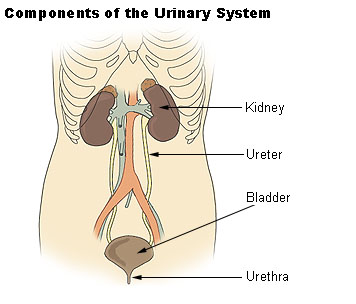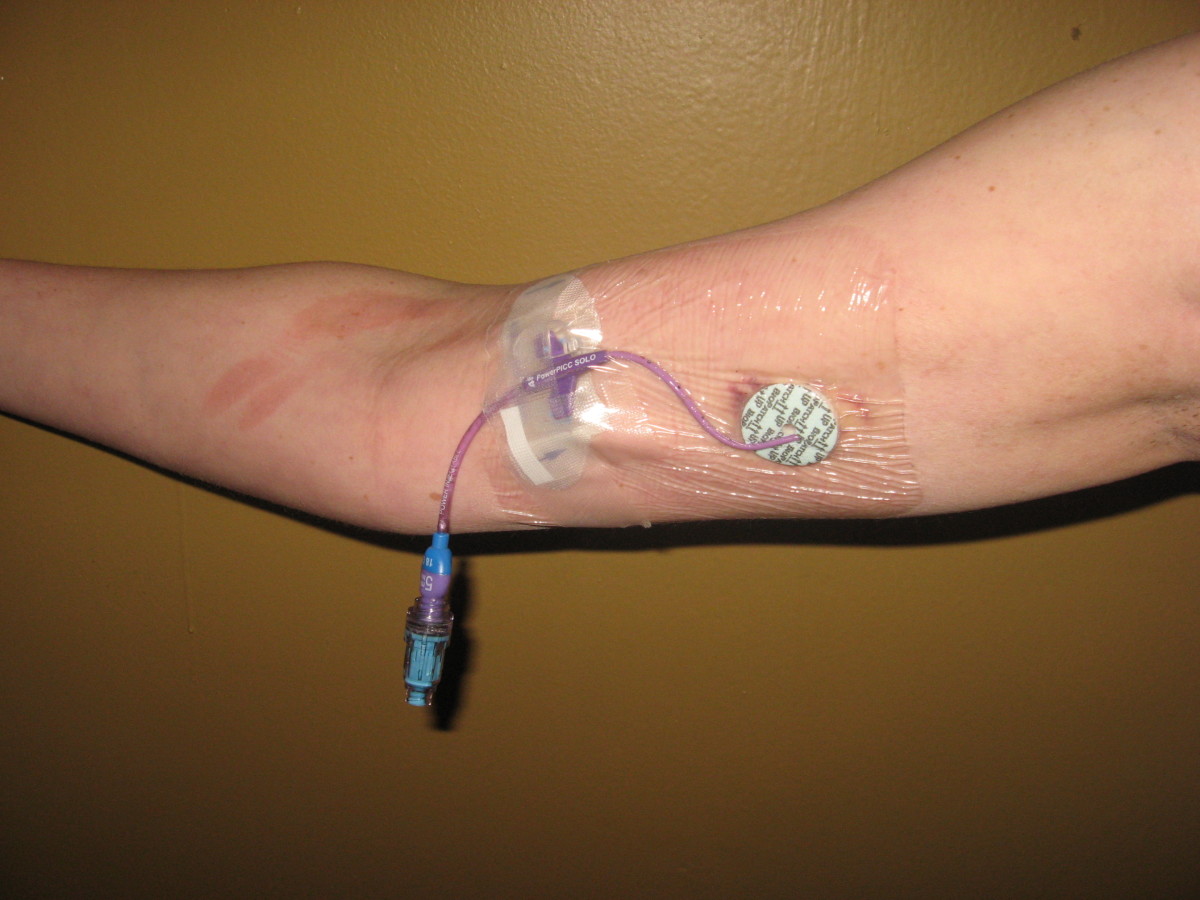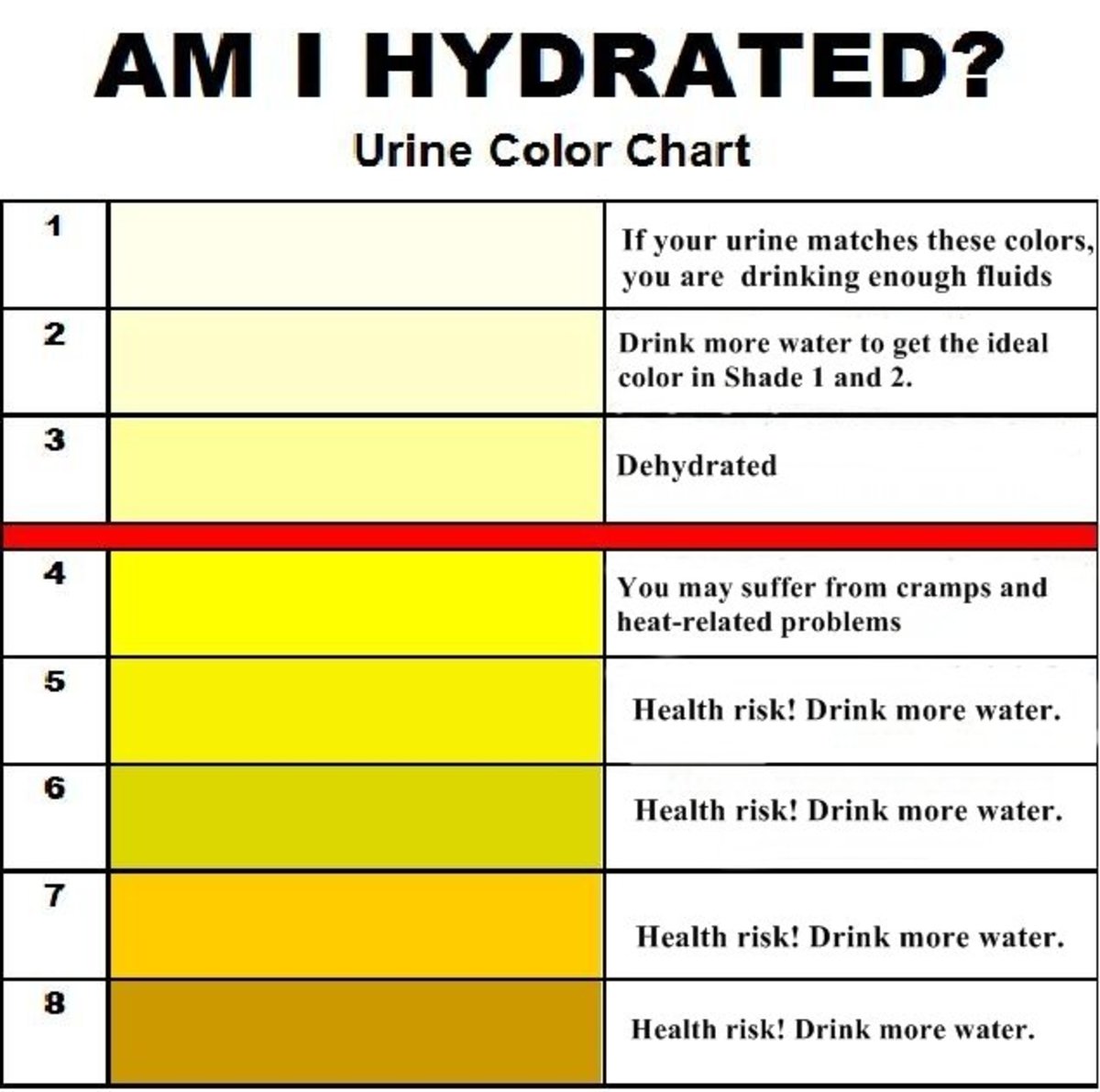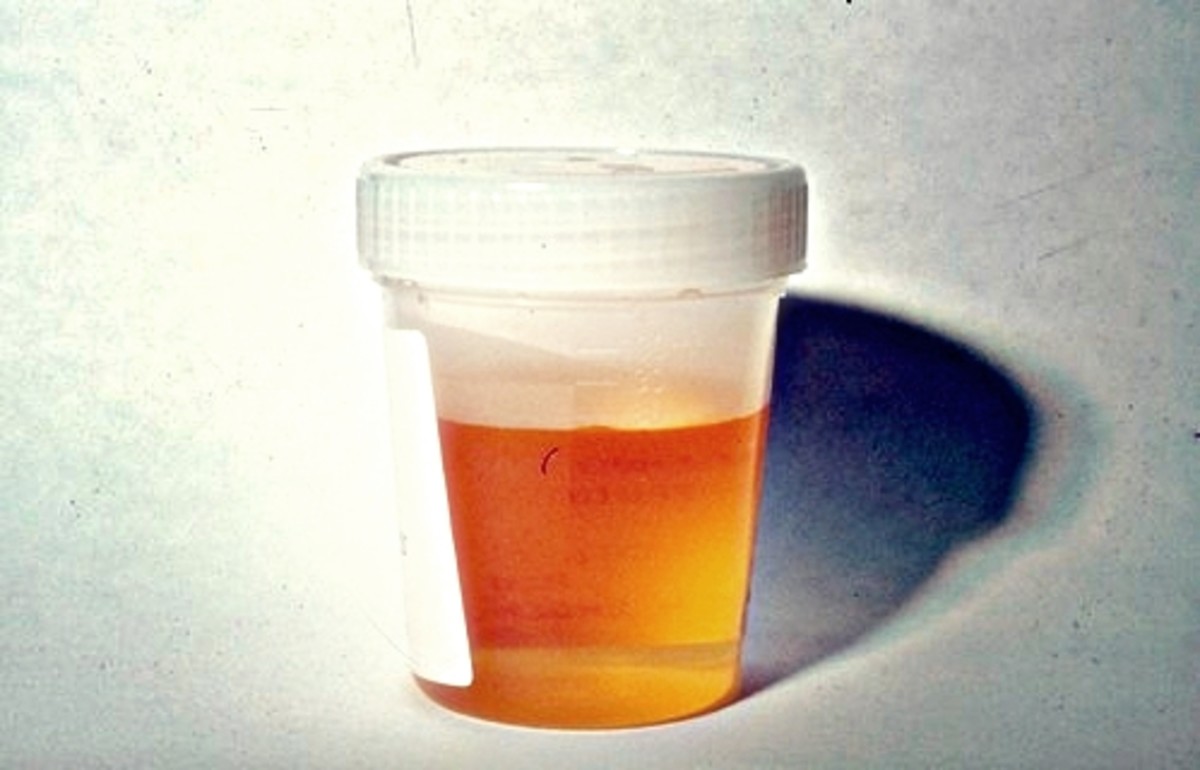Urinary Tract Infections in the Elderly
Although they can occur in persons of all ages, urinary tract infections--or UTIs--are especially prevalent in the elderly. They are the most common infections encountered in the nursing home setting, and can lead to serious illness in older adults if not identified and treated in a timely manner.

Brief Overview of the Urinary System
The urinary system is composed of four main components that work together to eliminate waste products from the body: kidneys, ureters, bladder, and urethra. Through circulation, waste products in the bloodstream--called “urea”--are filtered by the kidneys. This urea combines with water and other waste products to create urine.
The urine trickles down the two ureters from the kidneys to the bladder. Once the bladder reaches a certain capacity, the urge to urinate is triggered and the urine can then be expelled from the body via the urethra.
Causes of Urinary Tract Infections
Urine formed by the kidneys and stored in the bladder is sterile; it is only once the urine travels down the urethra and out of the body that it becomes non-sterile. Urinary tract infections occur when bacteria from outside the body travel up the urethra and into the bladder. UTIs are more common in women than men because their urethras are much shorter; bacteria have much less distance to travel to reach the bladder. The opening to the urethra is also much closer to the anus than in men, leading to more exposure to fecal bacteria.
A contributing factor to the development of urinary tract infections in the elderly is loss of muscle tone. As with other muscles, the muscles that control bladder function tend to become weaker with age. This can lead to incomplete emptying of the bladder and incontinence. With incomplete bladder emptying--or urinary retention--the stagnant urine that remains in the bladder becomes a fertile environment for the growth of bacteria. In men, an enlarged prostate can lead to urinary retention as well.
Incontinence is also a factor in the development of urinary tract infections. If not changed frequently, disposable adult diapers can exacerbate the problem. The warm, moist environment of a wet diaper can lead to rapid bacterial growth. Frequent diaper changes coupled with good hygiene can help to prevent urinary infections.
The use of indwelling (“Foley”) catheters is common in nursing homes. The introduction of bacteria into the bladder by frequent catheter changes or improper catheter care can contribute to the development of UTIs. Nursing home residents with long-term catheter placement should be evaluated to determine whether continued catheter use is necessary.
Symptoms Of Urinary Tract Infections in the Elderly
One of the most frequent signs of a urinary tract infection in the elderly is a change in mental status. The elder may suddenly become much more confused; they may not know where they are or what they are doing. They may become agitated and short-tempered, or they may become sleepy and lethargic. They may complain of a vague lower abdominal pain. The symptom most commonly associated with a UTI in younger people--pain or burning on urination--may be absent.
Other signs of a urinary tract infection may include cloudy or bloody urine; urine that has a foul odor; and frequent urination. The presence of a fever is not a good indicator of infection in the elderly due to age-related changes in immune response, so the elderly person may not demonstrate an elevated temperature.
It is important to differentiate between a urinary tract infection and a kidney infection. A urinary tract infection commonly refers to an infection that occurs in the bladder and/or urethra. A kidney infection can be a more serious infection with a different set of signs and symptoms, and is not the focus of this article.
Diagnosis and Treatment
Diagnosis of a urinary tract infection can be made through examining a urine sample for the presence of bacteria. Most UTIs are successfully treated with a course of oral antibiotics. Untreated urinary tract infections in elderly and other immunocompromised persons can lead to a serious infection known as sepsis. Sepsis occurs when a localized infection spreads through the bloodstream and becomes a more generalized infection. Sepsis requires hospitalization and IV antibiotics.
Prevention
Maintaining good personal hygiene is a crucial step in preventing urinary tract infections, especially in people who are incontinent. Frequent diaper changes and thorough cleaning of the perineal area can help decrease the number of infection-causing bacteria. Maintaining a good urine flow through proper hydration can help flush out the urinary system. Drinking cranberry juice can help change the pH of the urine to make it less hospitable to bacteria, but is not recommended for people with a history of kidney stones. Avoiding bladder irritants like caffeine and alcohol may also be helpful.








